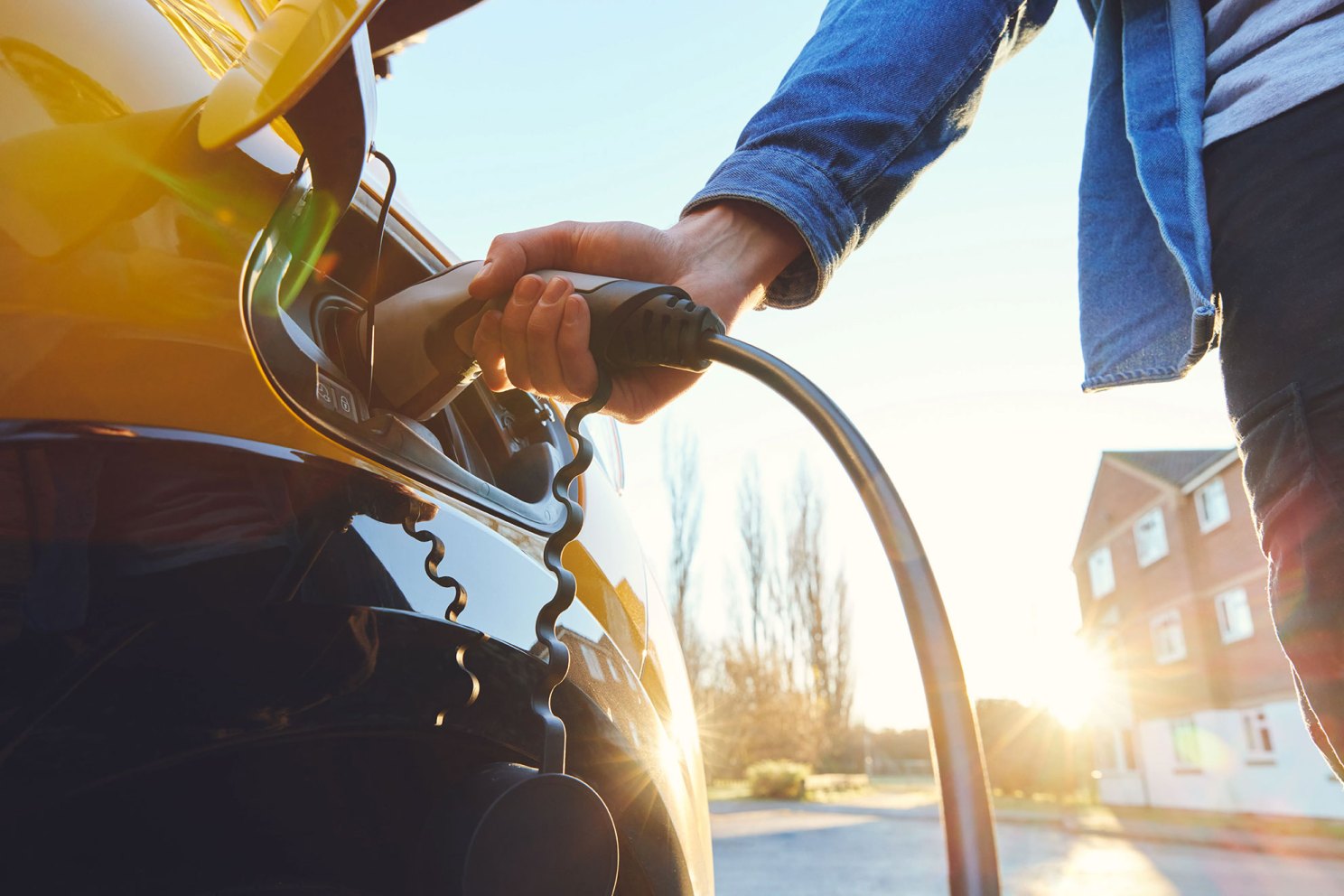A new paper by Harvard University’s Elaine Buckberg and co-authors argues that U.S. states can turbo-charge electric-vehicle adoption without rebates or taxes — just data transparency. Their paper, published today by AEI and Brookings, offers turnkey legislation that states can adopt to encourage EV adoption while costing them virtually nothing.
Key points
Universal real-time data on highway fast chargers would raise EVs’ share of new-car sales by 6.4 percentage points in 2030 — that is 3.5 million additional EVs on the road in 2030 compared to the status quo.
This policy tweak has bipartisan potential: consumer protection for the right, climate progress for the left.
By eliminating “charger roulette,” this policy delivers a tangible consumer impact: knowing whether the charger at the next exit works and what it will cost.
Charging anxiety is depressing EV sales. For drivers, finding a working public charger today is too difficult. Across six of the busiest U.S. interstates, traversing 40 states, only 34 percent of charging stations share real-time data so that any software developer can put it in a mapping app. On some of the highways we’ve studied, the gaps exceed 1,300 miles.
“The solution is simple and cheap. Real-time status and price transparency let drivers reliably locate a working, affordable plug, slashing charging anxiety — the top cited barrier to EV purchases,” said Elaine Buckberg, a former U.S. Treasury official and former chief economist for GM, now senior fellow at Harvard’s Salata Institute for Climate and Sustainability.
“By transforming charging from a guessing game into a predictable service, our model bill clears a psychological and logistical hurdle that slows the entire transition.”
States could lead here by requiring highway fast chargers share real-time data in an open format. But to reach critical mass, more states need to join the effort. The paper offers model legislation enabling states to set common real-time data disclosure standards, making it easy for charging providers to comply.
“This proposal would create enormous impact at negligible fiscal cost,” said Jim Stock, vice provost for climate and sustainability at Harvard University and director of the Salata Institute. “Uniform disclosure rules across even a handful of states create a de-facto national standard; once the data exist in real time, mapping apps and navigation systems mainstream them, nudging neighboring states and private operators to join.”





